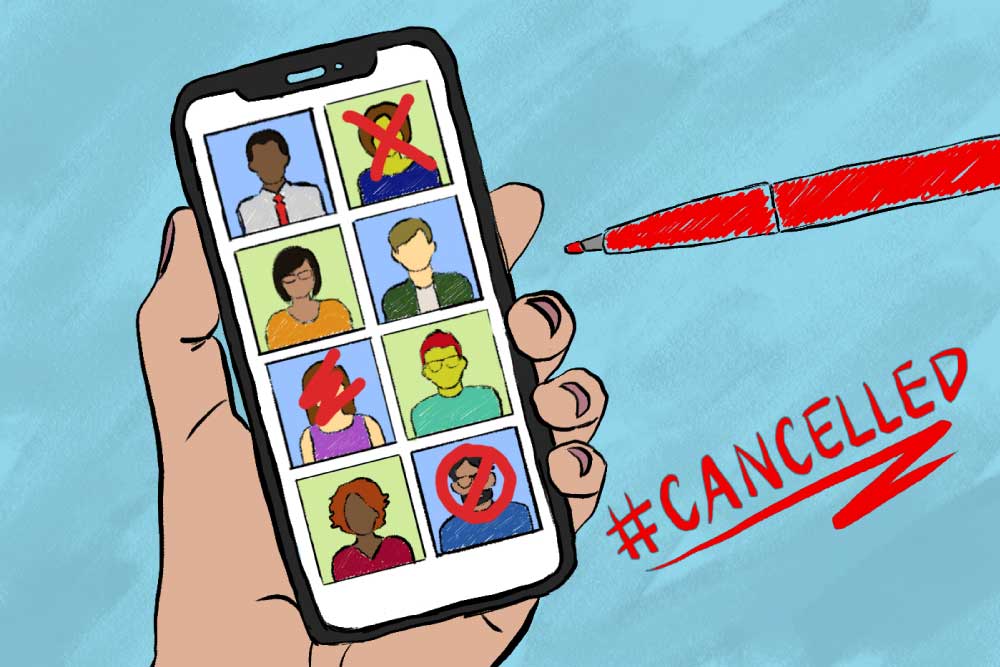
Social media didn’t create cancel culture, but it did make it stronger and faster. In case you don’t know, “cancel culture” is a form of boycotting; it’s the practice of withholding support or publicly deeming someone as no longer being socially acceptable. For people whose public image is how they make their living, like celebrities and politicians, being cancelled can be a fate worse than death. Because of this, some people see the phenomenon as bullying, while others call it free speech. You can complain about it all you want, but it’s not going away, and as much as it gets attributed as a liberal tool, the practice of “cancelling” is used by people on all sides of the political spectrum. Before he got banned from Twitter, Donald Trump used the method almost daily. Lin-Manuel Miranda, who is nothing short of a deity among artists and liberals, discovered last week that even he is not immune to cancel culture. In the Heights, the film based on his Tony Award-winning musical was viciously criticized on social media for casting actors who were lighter-skinned than most of the actual people who reside in Washington Heights. As the online firestorm intensified, the man who cast Black actors to play George Washington and Thomas Jefferson in the musical Hamilton was forced to issue a formal apology.
Social media has given everyone a platform; something only a handful of people, such as talk show hosts, newspaper columnists, and television journalists used to have. Like many things, this can be good and bad. Anyone can go online and express an opinion, and if enough people jump on the bandwagon, it can go viral. Depending on the issue, the result can extol a tremendous amount of pressure on just about anyone or anything. Let’s face it, most of us criticize cancel culture when we don’t agree with what is being said, but we quietly applaud it when it supports our beliefs. Social media and cancel culture are why Harvey Weinstein and Derek Chauvin are in prison – which is good. I didn’t, however, like the attacks on Lin-Manuel Miranda when I first read them. Admittedly I don’t know Washington Heights very well, and therefore have no idea how people from that neighborhood actually felt. That said, my issue with Miranda’s situation was less about the casting of In the Heights, and more about Latinos needing to be more supportive of one another – but that’s me.
Freedom has a price. The fact is, we can argue whether the practice is fair or not, but as long as we have a free society, cancel culture will be a part of it.
Regardless of political persuasion, most people think the rhetoric of politics has gotten out of control. If you believe that, as I do, there IS something you can do about it. You can ask yourself whether you are helping or hurting the situation. I like to say that there are two types of people in the world: people who add stress and people who relieve stress. I think similarly, some people are adding to the political spectacle in the country, and others are at least trying for something better.
Gary's Blog will return next week.
This past week, the National Association of Realtors invited me to participate in a meeting with the NAR leadership and Jonathan Kanter, the Assistant Attorney General of the United States.
